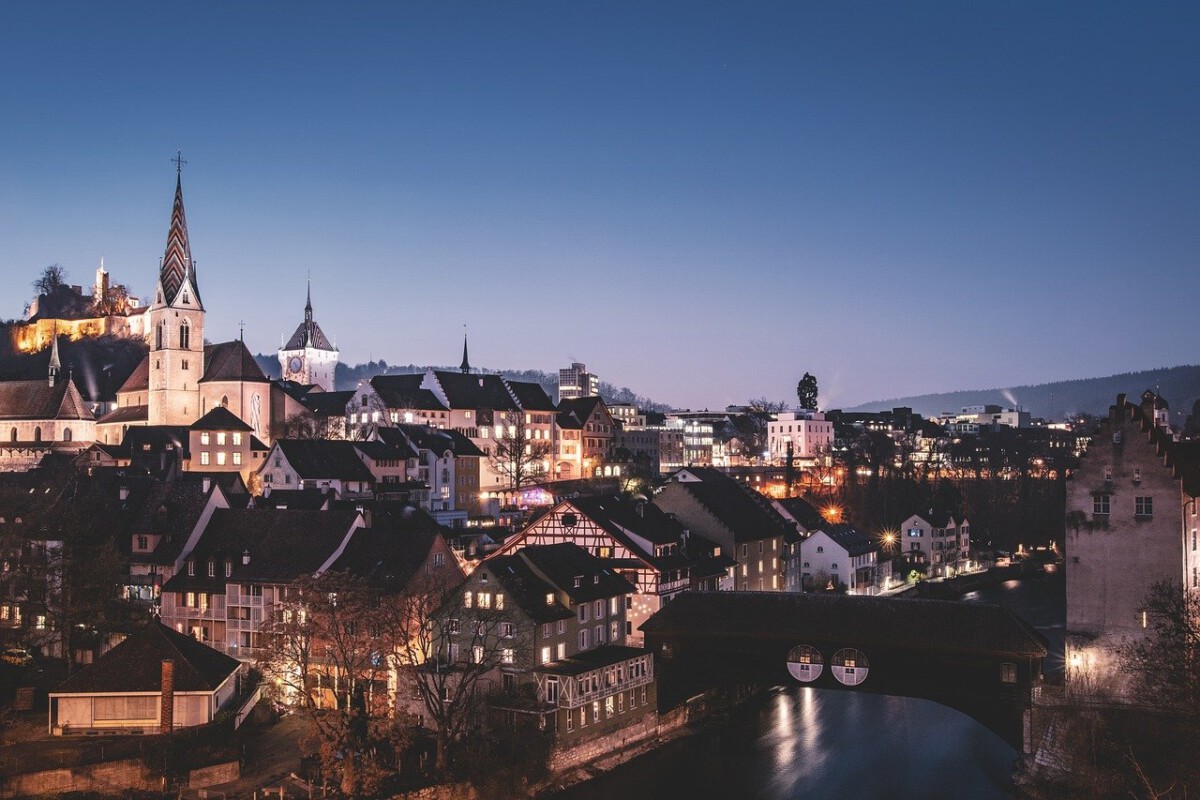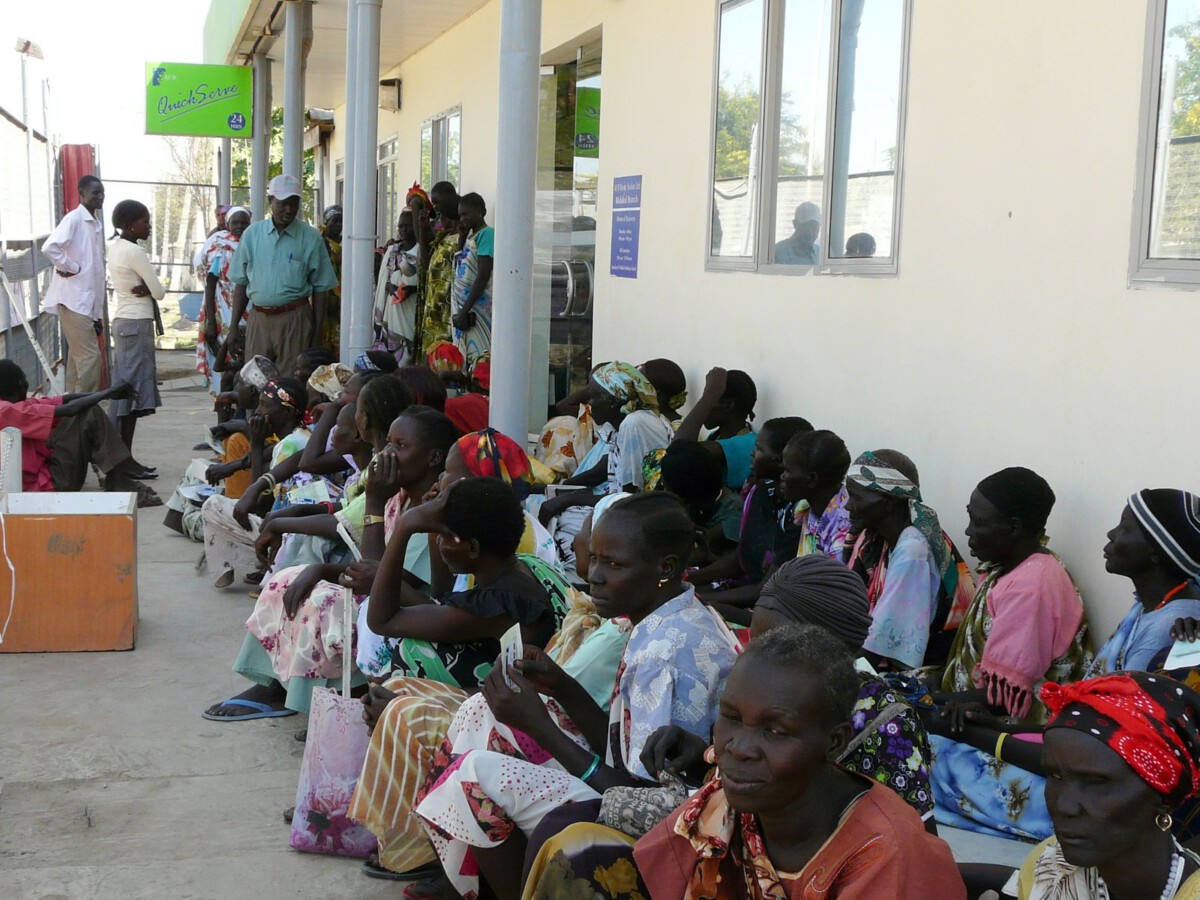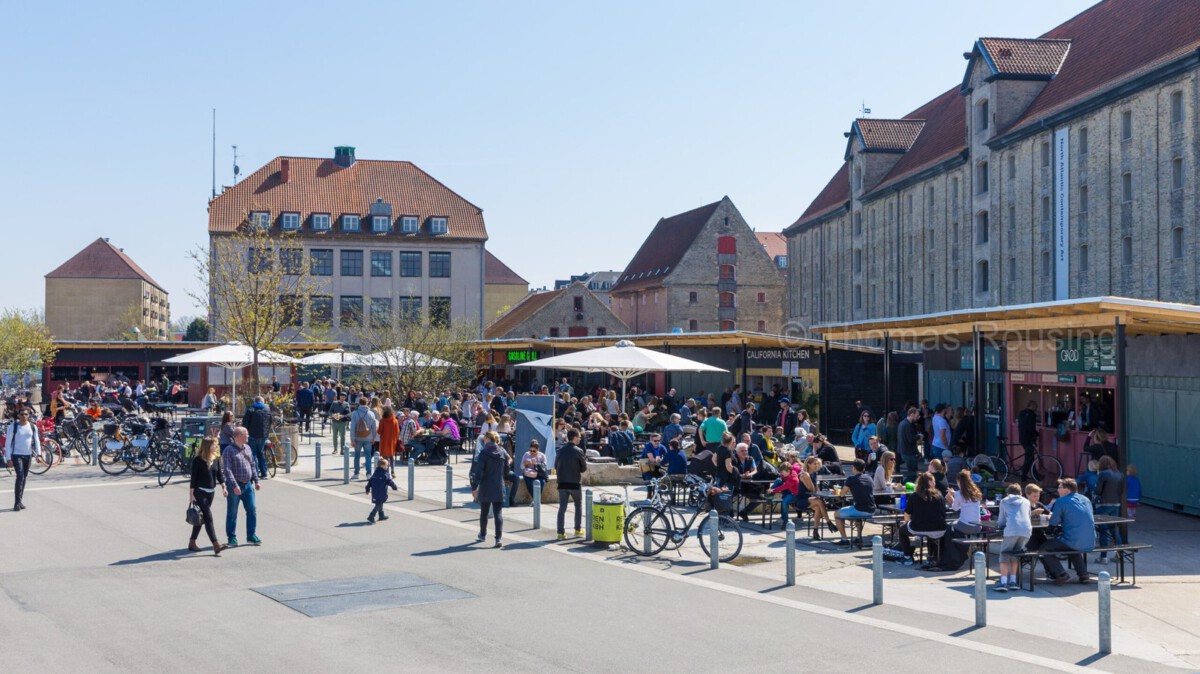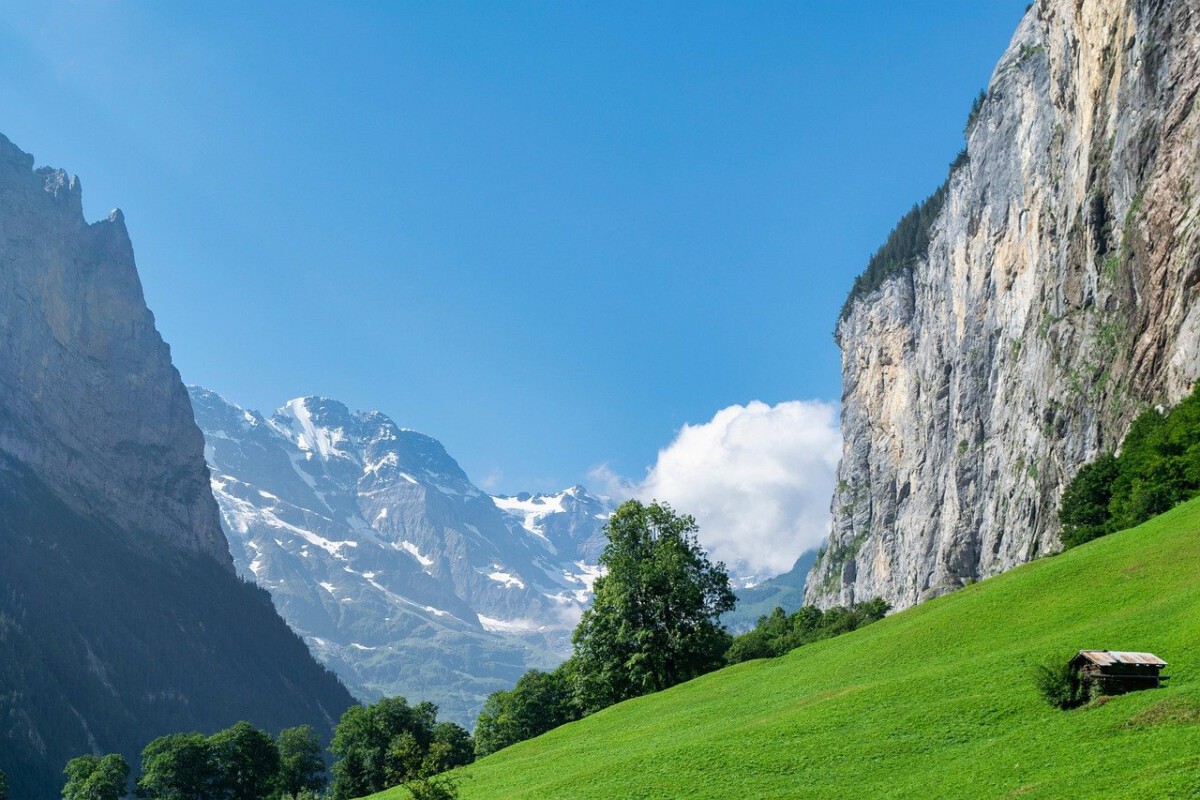Finland: Joyful Consistency at the Top

Finland has held onto its title as the world’s happiest nation for seven consecutive years, according to the 2024 World Happiness Report. This ranking is not just about wealth; it reflects strong social trust, low corruption, and an exceptionally effective welfare system. Over 91% of Finns report feeling safe when walking alone at night, and the country’s education system is frequently ranked best in the world. Notably, Finnish citizens rate their life satisfaction at an average of 7.8 out of 10, the highest globally. The country’s breathtaking natural beauty, access to clean water, and universal healthcare contribute to citizens’ well-being. Data shows that over 80% of Finns participate in outdoor activities weekly, a key element in their happiness. Even during long, dark winters, the Finnish concept of “sisu”—a unique blend of determination and resilience—helps people maintain a positive outlook.
Denmark: Community and Well-Being

Denmark consistently follows closely behind Finland in happiness rankings, with a life satisfaction score of 7.6 in 2024. Danish society is built on trust, with more than 75% of people believing that others can be trusted—a statistic unmatched in most countries. The Danes benefit from generous parental leave policies, free education, and robust healthcare. In 2024, Copenhagen was again named one of the world’s most livable cities, highlighting Denmark’s focus on sustainability and quality of life. The Danish concept of “hygge,” which centers on coziness and togetherness, permeates daily life and helps reduce stress. Mental health is prioritized, with 82% of Danes saying they have someone to rely on in times of need. Their commitment to work-life balance is reflected in the fact that 88% of employees leave work on time each day.
Sweden: Balance and Social Safety Nets

Sweden ranks third in the 2024 global happiness index, boasting a life satisfaction score of 7.5. The nation’s comprehensive welfare system and strong work-life balance are frequently cited as key reasons for widespread contentment. Swedish citizens have universal healthcare, free higher education, and extensive parental leave, which have all been linked to higher happiness. According to Statistics Sweden, 89% of Swedes report feeling supported by friends and family, and public trust in government remains high at 74%. Environmental awareness is high, with more than half the country’s energy coming from renewable sources. Stockholm’s green spaces and clean air also contribute to the population’s well-being. The “allemansrätten” or right of public access allows citizens to enjoy nature freely, which experts say boosts mental health.
Iceland: Close-Knit Community and Resilience

Iceland stands out for its strong sense of community and resilience amid challenging natural conditions. In 2024, it held a happiness score of 7.4, with over 94% of Icelanders expressing satisfaction with their social relationships. Iceland’s small population fosters a unique sense of closeness, and the country’s low crime rate enhances feelings of security. The government invests heavily in mental health services, and there is a high rate of volunteerism—nearly 40% of adults participate in community work. Despite frequent volcanic eruptions and harsh winters, Icelanders display remarkable optimism, which researchers attribute to their communal spirit and love for music and literature. The country also boasts one of the world’s lowest rates of air pollution and abundant access to geothermal energy, which provides clean heating for virtually every home.
Netherlands: Freedom and Child Happiness

The Netherlands continues to shine in 2024 with a happiness score of 7.4, tied with Iceland. Dutch culture values freedom, pragmatism, and openness, which is reflected in its progressive social policies. According to UNICEF’s latest report, Dutch children are the happiest in the world, with 93% saying they feel supported by their families. The cycling infrastructure is second to none, with 27% of all trips made by bike, promoting both health and environmental sustainability. The Dutch education system is ranked among the world’s best, and access to mental health care is widespread. Social equality is high, with the gender pay gap among the narrowest globally. Surveys show that 85% of adults feel they have autonomy over their lives, a key factor in national happiness.
Norway: Nature, Trust, and Prosperity

Norway remains in the top tier of joyful nations, achieving a happiness score of 7.3 in 2024. The country’s immense natural resources, especially oil and gas, have been carefully managed to benefit all citizens through the world’s largest sovereign wealth fund. Every Norwegian has access to free healthcare and free higher education. The population enjoys unparalleled access to nature, with over 70% regularly engaging in outdoor activities such as hiking, skiing, or fishing. National trust is high, with 77% of Norwegians expressing confidence in their institutions. The “friluftsliv” lifestyle—embracing outdoor living—remains core to Norwegian identity and is strongly associated with reduced stress and higher well-being. Life expectancy has climbed to 83 years, and income inequality is among the lowest in the world.
Switzerland: Wealth, Stability, and Civic Life

Switzerland’s 2024 happiness score of 7.2 reflects its enduring prosperity, political stability, and exemplary public services. The Swiss enjoy one of the world’s highest GDP per capita, with unemployment rates consistently below 3%. Public transport is efficient and reliable, promoting stress-free commuting. Political engagement is high, with over 60% of eligible citizens participating in referendums each year. Swiss cities routinely rank among the world’s cleanest, and environmental quality is a source of national pride. Healthcare is universal and of exceptionally high quality, contributing to a life expectancy of 84 years. Surveys show that 90% of Swiss people feel safe in their neighborhoods, and the tradition of “direct democracy” gives everyone a voice in shaping their society.
Luxembourg: Small Size, Big Well-Being

Luxembourg, with a population of just over 660,000, punches above its weight in the happiness stakes, earning a 2024 score of 7.1. The nation enjoys the world’s highest median income, and its residents benefit from extensive social welfare programs. Crime rates are among the lowest in Europe, and public transportation has been free since 2020. Luxembourg’s multicultural society fosters openness, with almost half the population being foreign-born. Access to green spaces is abundant, with over 60% of the country covered in forest and farmland. The government invests heavily in education and cultural programs, promoting a strong sense of community. Life satisfaction surveys show that 87% of residents feel optimistic about their future prospects.
New Zealand: Nature and Social Connection

New Zealand is the only non-European nation in the top ten, with a 2024 happiness score of 7.0. The country’s natural beauty is legendary, and over 80% of Kiwis report regular outdoor exercise. A strong sense of social connectedness is evident, with 92% saying they have someone to rely on in times of trouble. New Zealand’s response to the COVID-19 pandemic was widely praised, bolstering national trust in leadership. Mental health remains a national priority, with government funding increasing by 20% since 2022. The Māori concept of “whānau,” or extended family, plays a crucial role in community support. New Zealanders also enjoy clean air, low levels of corruption, and strong protections for civil liberties.
Afghanistan: Enduring Hardship Amid Conflict

Afghanistan remains at the very bottom of the 2024 World Happiness Report, with a life satisfaction score of 1.7—the lowest ever recorded. Years of ongoing conflict, political instability, and a dire humanitarian crisis have left 97% of Afghans living in poverty. Access to basic services such as healthcare and education is severely limited, and over 70% of children are malnourished. The Taliban’s restrictions on women’s rights have worsened social conditions, with women’s employment dropping by over 50% since 2021. More than 600,000 people remain internally displaced, and mental health challenges are widespread. Surveys report that fewer than 10% of Afghans feel hopeful about the future, reflecting the immense challenges facing the nation.
Lebanon: Economic Collapse and Social Strain

Lebanon has suffered a devastating economic collapse, ranking second to last with a happiness score of 2.1 in 2024. Hyperinflation has wiped out personal savings, and over 80% of the population now lives below the poverty line. The country’s currency has lost more than 95% of its value since 2019, and unemployment stands at 47%. Power outages are a daily occurrence, and access to clean water is unreliable for a majority of citizens. The 2020 Beirut port explosion left thousands homeless and further eroded trust in government, with only 7% of Lebanese expressing confidence in their leaders. Mental health issues have surged, and many young people are seeking opportunities abroad, contributing to a growing brain drain.
Sierra Leone: Struggling for Stability

Sierra Leone rounds out the bottom three, with a happiness score of 2.3 in 2024. Decades after a brutal civil war, the country faces persistent challenges, including widespread poverty and limited infrastructure. Life expectancy remains low at 61 years, and child mortality rates are among the highest globally. Over 60% of the population lacks access to electricity, and healthcare services are frequently under-resourced. Inflation and food insecurity have worsened since 2023, with more than half of households reporting insufficient food. Despite these hardships, local communities show resilience, with grassroots organizations providing vital support. Only 14% of Sierra Leoneans report satisfaction with their living conditions, underlining the nation’s ongoing struggle.






